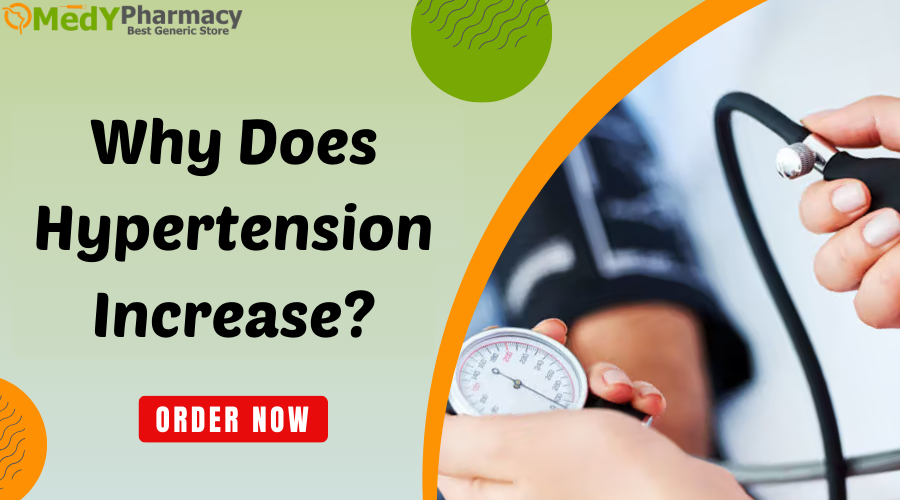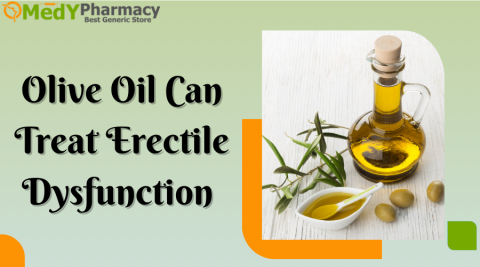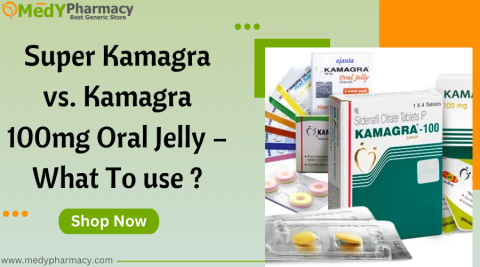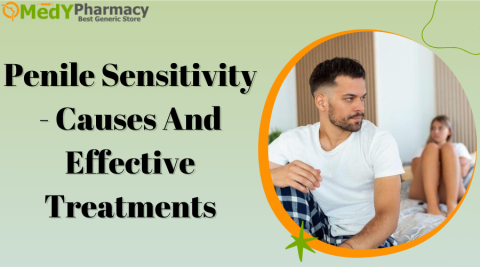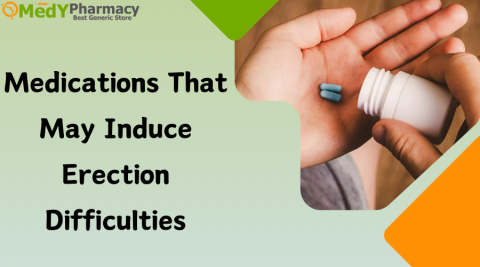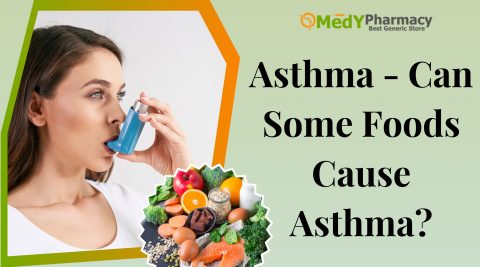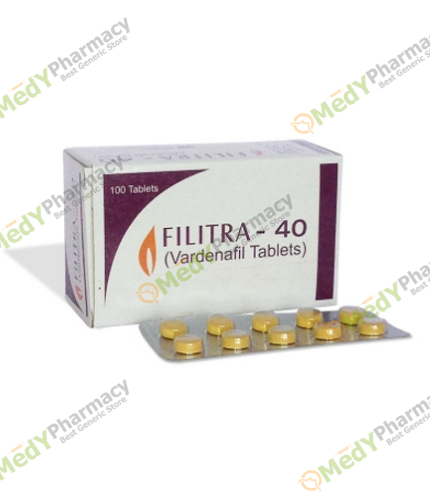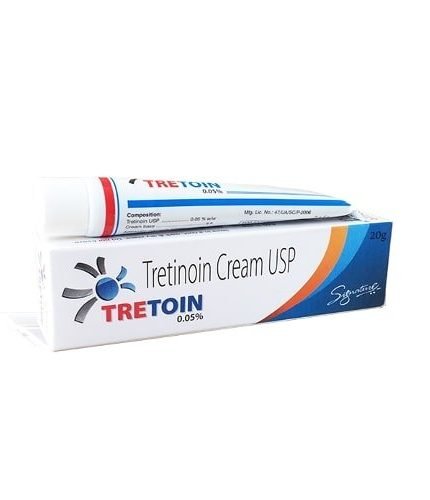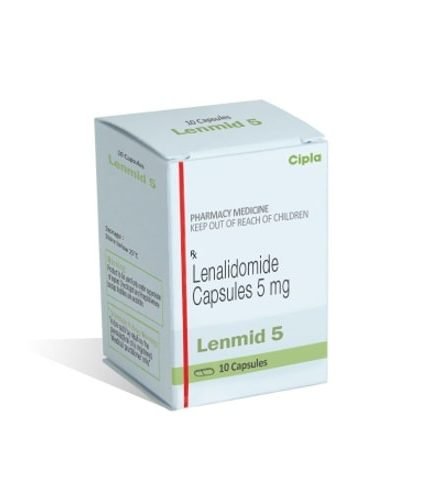What Is Hypertension?
Hypertension is another term for high blood pressure. When your heart beats, blood is pumped from your heart into your blood arteries, nourishing your entire body. When the heart contracts and relaxes, your blood pressure reading measures the force of your blood against the artery walls. The systolic pressure (top number) describes the pressure when your heart beats and the muscle contracts, whereas the diastolic pressure (bottom number) describes the pressure in your arteries between heartbeats when the heart relaxes and fills with blood.
Hypertension Complications:
High blood pressure causes the arterial walls to thin and stretch. Hypertension can induce a variety of issues, including:
- Vascular Weakness: Blood arteries that are stretched excessively thin are more likely to rupture, resulting in strokes and aneurysms.
- Blood clots.
- Vascular Scarring: When the thin artery walls break, damaged tissue can accumulate on the walls of the arteries and veins
- Plaque buildup: Where there is scar tissue in the arteries, plaque or cholesterol deposits can accumulate. This can restrict blood flow, causing your heart to work harder. Plaque can also break off and completely restrict blood flow, resulting in heart attacks and strokes.
What Are the Causes of Hypertension?
Hypertension typically develops gradually over time. If hypertension runs in your family, if you don’t eat well, are overweight, or are above the age of 60, you are more likely to have high blood pressure. Race also has an impact, since African Americans are more prone to have high blood pressure. Several more risk factors include:
- Smoking
- Too much alcohol consumption.
- A diet heavy in sodium
- Not enough Vitamin D or potassium in your diet
- Oral contraception use.
- Stress
- Kidney disease
- Diabetes
- Sleep apnea
- Stroke
- Heart attack
- Heart failure
- Aneurysm
- Metabolic syndrome
Primary & Secondary hypertension
Hypertension can be categorized as primary or secondary. Primary hypertension is responsible for more than 90% of cases. It becomes more common as you get older and can be caused by a variety of causes, including being overweight, eating a salty diet, not exercising, and consuming alcohol.
Secondary hypertension is caused by an underlying illness, most commonly renal or endocrine issues.
Signs & Symptoms
Hypertension is often referred to as “the silent killer” because it rarely causes symptoms on its own, but it gradually damages the blood vessels and, in the long run, is a major risk factor for several types of cardiovascular disease, including stroke, heart attack, and heart failure, as well as end organ damage such as renal failure and vision loss.
You could have high blood pressure and feel fine. That’s why getting your blood pressure tested regularly is critical.
Treatment & Management
Over a billion individuals worldwide have hypertension, yet less than one in five has it under control. Hypertension is typically straightforward to manage with a mix of lifestyle changes and low-cost drugs, but levels of awareness, treatment, and control remain low in all regions of the world. Cenforce 200, a reliable treatment that redefines sexual performance, will provide you with a strong erection.
Eats Healthy
Healthy nutrition is especially important for treating hypertension and lowering your risk of heart disease. The key to healthy living is to eat a wide variety of foods from various food groups.
One strategy to avoid high blood pressure is to consume a nutritious diet that contains less than 5g of salt (2g of sodium) each day. Increased potassium intake can help reduce blood pressure.
Maintain a healthy weight
If you are overweight, gaining and maintaining a healthy weight is a vital step toward lowering your risk of getting hypertension.
Limit Your Alcohol Intake
Drinking too much alcohol can raise your blood pressure, therefore you should limit your alcohol consumption, ideally to zero.
Be Active Every Day!
Physical activity is an important aspect of living a healthy lifestyle since it can help lower blood pressure, among other health advantages.
Do not smoke.
Smoking significantly raises the risk of heart attack, stroke, lung cancer, and other disorders. Once you leave, the risk decreases rapidly.
Medication
You may also need to take blood pressure medicine to help them drop their high blood pressure to a safe, manageable level. These “anti-hypertensive” medications do not cure hypertension, but they do help manage it. Once you begin taking blood pressure medications, you will most likely have to do so for the rest of your life. Vidalista 60, a robust booster of your sexual prowess, will provide you with a gratifying and long-lasting sexual experience.
Over the last five decades, hypertension treatment has advanced dramatically, and there is now a diverse range of cost-effective and safe pharmacological choices for treating patients.
What are the available treatments for hypertension?
High blood pressure treatments include both heart-healthy lifestyle changes and medications.
You will collaborate with your provider to create a treatment plan. It may merely consist of lifestyle changes. These lifestyle modifications, such as heart-healthy eating and exercise, can be quite beneficial. However, occasionally the adjustments are ineffective in controlling or lowering your high blood pressure. Then you might need to take medicine. There are various sorts of blood pressure medications. Some people must take multiple types. Take Fildena 100 mg to enhance your sexual performance by creating a robust and long-lasting erection.
If your high blood pressure is caused by another medical condition or medication, treating the underlying disease or discontinuing the medication may help to lower it.
However, the more frequent symptoms that both men and women may experience are
- Headache
- Chest pain
- Numbness in the hands and feet
- Tingling, of the face and arms
- Make sure to contact the doctors immediately.
What is the true cause of hypertension?
You see when you get up in the morning from your night’s sleep, you must follow the typical circadian cycle.
To put it simply, circadian rhythm is the natural cycle of activity that governs our sleep-wake periods.
After a few hours of waking up, your body releases various hormones such as adrenaline and noradrenaline.
These hormones increase your body’s energy levels and ATP synthesis, which boosts your blood pressure. The rise lasts practically until late midday. By late afternoon or early evening, your blood pressure begins to decline again.
Measuring hypertension levels
Doctors and specialists have done countless studies and clinical trials on men and women of all ages. They collected blood samples from both fit men and women, as well as people with various illnesses such as high blood pressure, obesity, and even cardiac disorders, all of which appear to be associated with high blood pressure.
According to doctors, blood pressure readings appear to rise after around 2 hours of waking up from a morning nap.
Final Words
The implications of morning hypertension getting too high are similar to those of normal hypertension. Well, these are some of the terrible effects, and the chances of this happening are quite low. Fildena 150 Tablets are a potent combination that improves the quality of your erections.
You can get it at any respected Medypharmacy reviews Website pharmacy or store.







